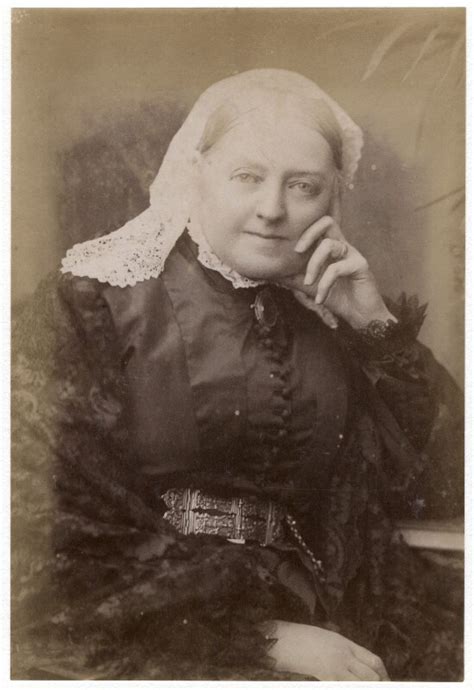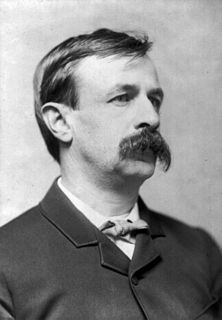A Quote by Christopher Pearse Cranch
December drops no weak, relenting tear, By our fond summer sympathies ensnared; Nor from the perfect circle of the year Can even winter's crystal gems be spared.
Related Quotes
I fell for her in summer, my lovely summer girl, From summer she is made, my lovely summer girl, I’d love to spend a winter with my lovely summer girl, But I’m never warm enough for my lovely summer girl, It’s summer when she smiles, I’m laughing like a child, It’s the summer of our lives; we’ll contain it for a while She holds the heat, the breeze of summer in the circle of her hand I’d be happy with this summer if it’s all we ever had.
We really can't boil a man's life down to seasonal divisions of spring, summer, autumn, and winter. Seasons cycle perennially, and we enjoy them because they recur. We should understand a man's life this way too. An elderly person may yet see new springs and summers. On the other hand, some young people never escape winter. Others become ensnared by their own private autumns.
The night of December 25, to which date the Nativity of Christ was ultimately assigned, was exactly that of the birth of the Persian savior Mithra, who, as an incarnation of eternal light, was born the night of the winter solstice (then dated December 25) at midnight, the instant of the turn of the year from increasing darkness to light.
When death comes, it's just like winter. We don't say, "There ought not to be winter." That the winter season, when the leaves fall and the snow comes, is some kind of defeat, something which we should hold out against. No. Winter is part of the natural course of events. No winter, no summer. No cold, no heat.
In winter, play with the snow; in summer, play with the Sun! Do not wait for something to come; everything is already here! In autumn, play with the leaves, in spring, play with the flowers! In summer, don't wait for the winter; in winter, don't wait for the summer! Everything is already here, in this present time you live in!
I think December has always been the most haunted month, from the gothic-narrative point of view - a lot of Edgar Allan Poe stories are set in December. It's the last month of the year, and it's supposed to be sort of this mystical, spiritual month. And being Swedish, December is also the darkest month out of the year.



































